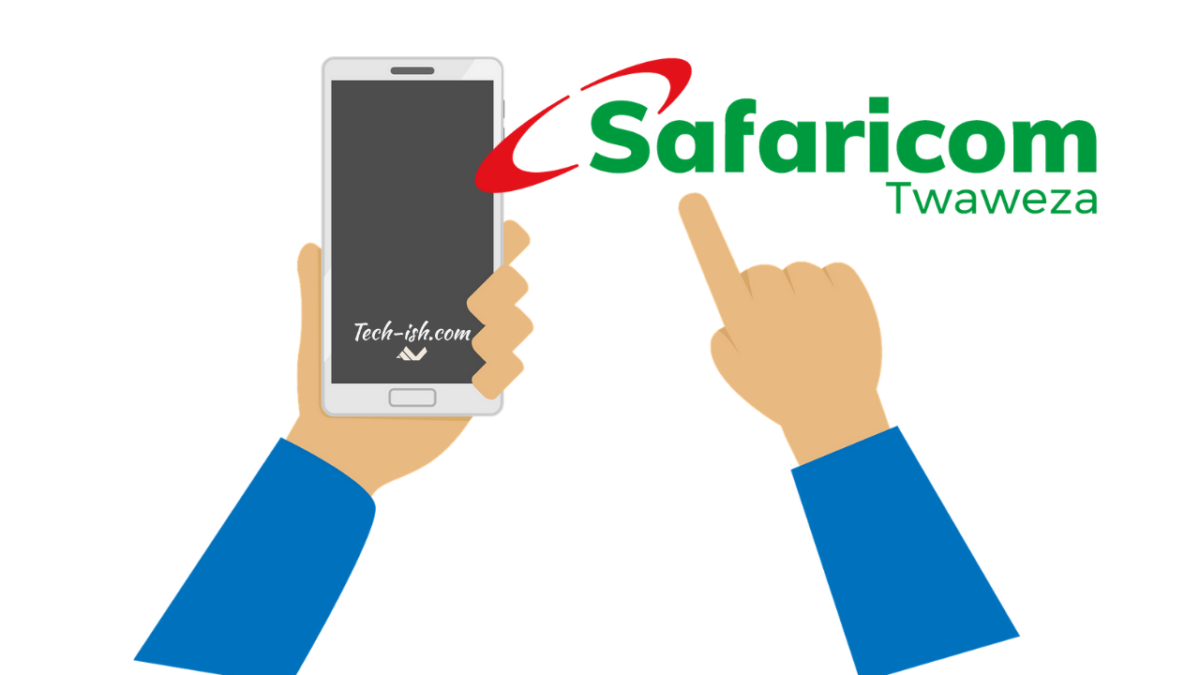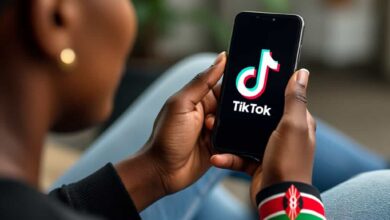Safaricom Introduces Charges for Reverse Call Requests

Safaricom is changing how the reverse call feature works by introducing a new fee impacting millions of users who rely on this feature. This change limits the previously unlimited free reverse calls, aiming to curb misuse and increase revenue.
The reverse call service, introduced in June 2019, allows a caller to transfer the cost of a call to the receiver. This feature is especially useful for users without sufficient airtime. To initiate a reverse call, the caller dials ‘#’ before the recipient’s number, and the recipient is prompted to accept the charges by pressing “1.”
What Has Changed?
Safaricom has revised the terms and conditions for the reverse call service:
- First Two Requests: The first two reverse call requests each day remain free.
- Subsequent Requests: From the third request onward, a fee of KES 0.50 per request will be charged.
Why the Change?
The introduction of the fee aims to prevent misuse of the service, as some users have been using reverse calls despite having sufficient airtime. Safaricom also intends to enhance its revenue from this service, which has seen significant use among its customers.
Financial Implications for Safaricom
With over 2 million users relying on reverse calls, Safaricom could generate a significant amount of cash daily from the new fee. This move is part of a broader strategy to strengthen revenue from voice services, which contributed KES 40 billion to the company’s overall voice revenue of KES 79.5 billion in the year ending March 2024.
Safaricom’s market share in the local voice market stands at 65.5%, an increase from 63.3% in December 2023. The new fee is unlikely to affect its dominant position significantly but reflects the company’s efforts to maintain financial sustainability in a competitive market.
Safaricom’s introduction of a fee for reverse calls is a strategic move to make the company more money. It will be interesting to see the amount of cash the company will collect, and how users will react to being charged for asking the other party to pay for the call.






